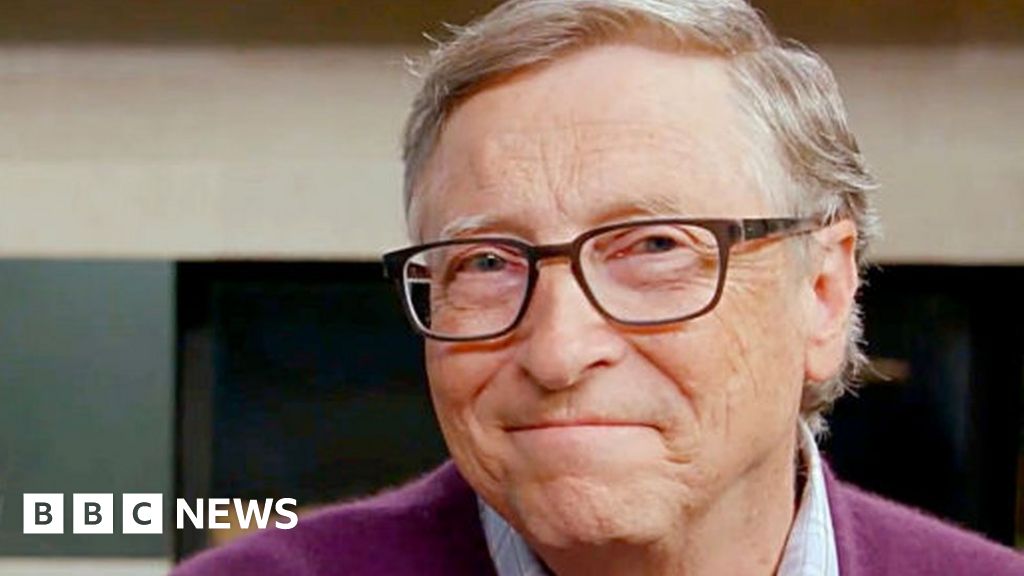By: Jack Goodman and Flora Carmichael
May 29, 2020
Speculation about a future coronavirus vaccine is ramping up and social-media posts from anti-vaccination campaigners are gaining more traction online.
We've been debunking a few recent claims.
Why the microchip rumours don't stack up
First up, a conspiracy theory about vaccines that has spanned the globe.
It claims that the coronavirus pandemic is a cover for a plan to implant trackable microchips and that the Microsoft co-founder Bill Gates is behind it.
We've found no evidence to support these claims.
The Bill and Melinda Gates Foundation told the BBC the claim was "false".
The head of the Russian Communist party this week said that so-called "globalists" supported "a covert mass chip implantation which they may in time resort to under the pretext of a mandatory vaccination against coronavirus".
He didn't mention Mr Gates by name but in the US, Roger Stone, a former adviser to Donald Trump, said Bill Gates and others were using the virus for "microchipping people so we can tell 'whether you've been tested'."
A new YouGov poll of 1,640 people suggests that 28% of Americans believe that Bill Gates wants to use vaccines to implant microchips in people - with the figure rising to 44% among Republicans.
Rumours took hold in March when Mr Gates said in an interview that eventually "we will have some digital certificates" which would be used to show who'd recovered, been tested and ultimately who received a vaccine. He made no mention of microchips.
That response led to one widely shared article, under the headline: "Bill Gates will use microchip implants to fight coronavirus".
The article makes reference to a study, funded by The Gates Foundation, into a technology that could store someone's vaccine records in a special ink administered at the same time as an injection.
However, the technology is not a microchip and is more like an invisible tattoo. It has not been rolled out yet, would not allow people to be tracked and personal information would not be entered into a database, says Ana Jaklenec, a scientist involved in the study.
The Bill and Melinda Gates Foundation says: "The reference to 'digital certificates' relates to efforts to create an open-source digital platform with the goal of expanding access to safe, home-based testing."










